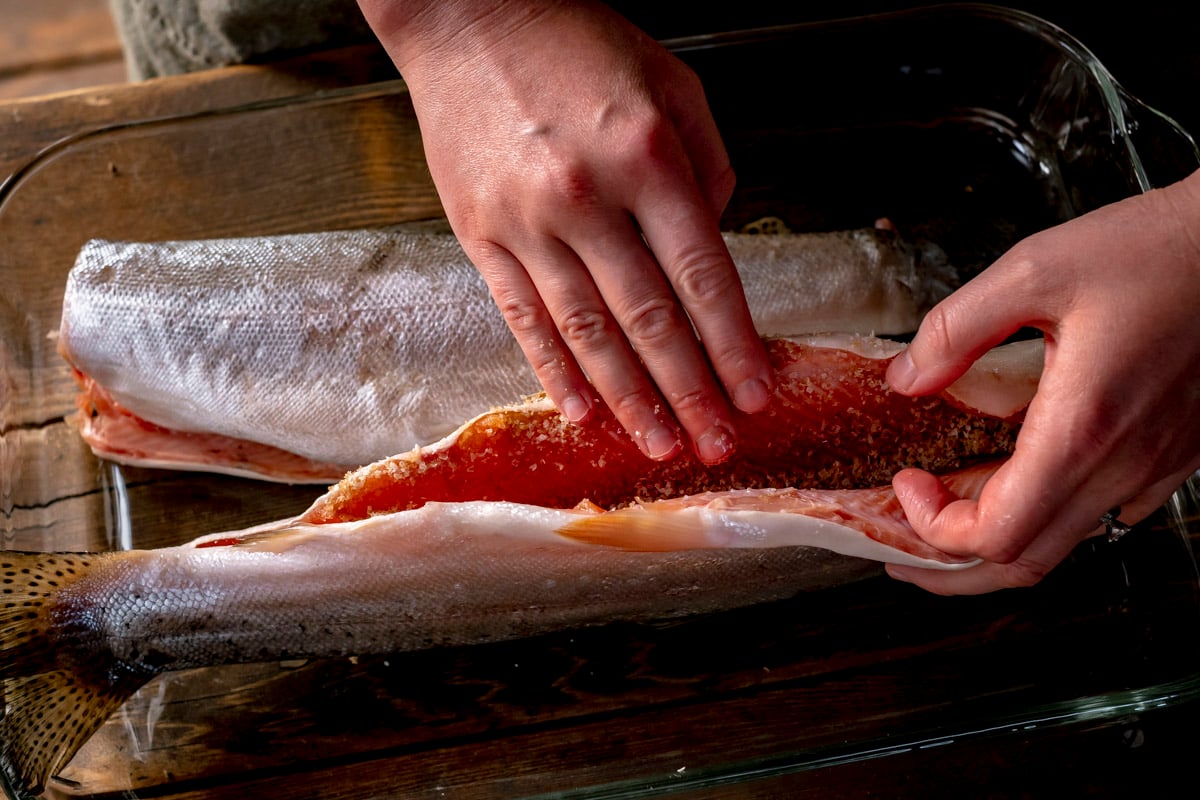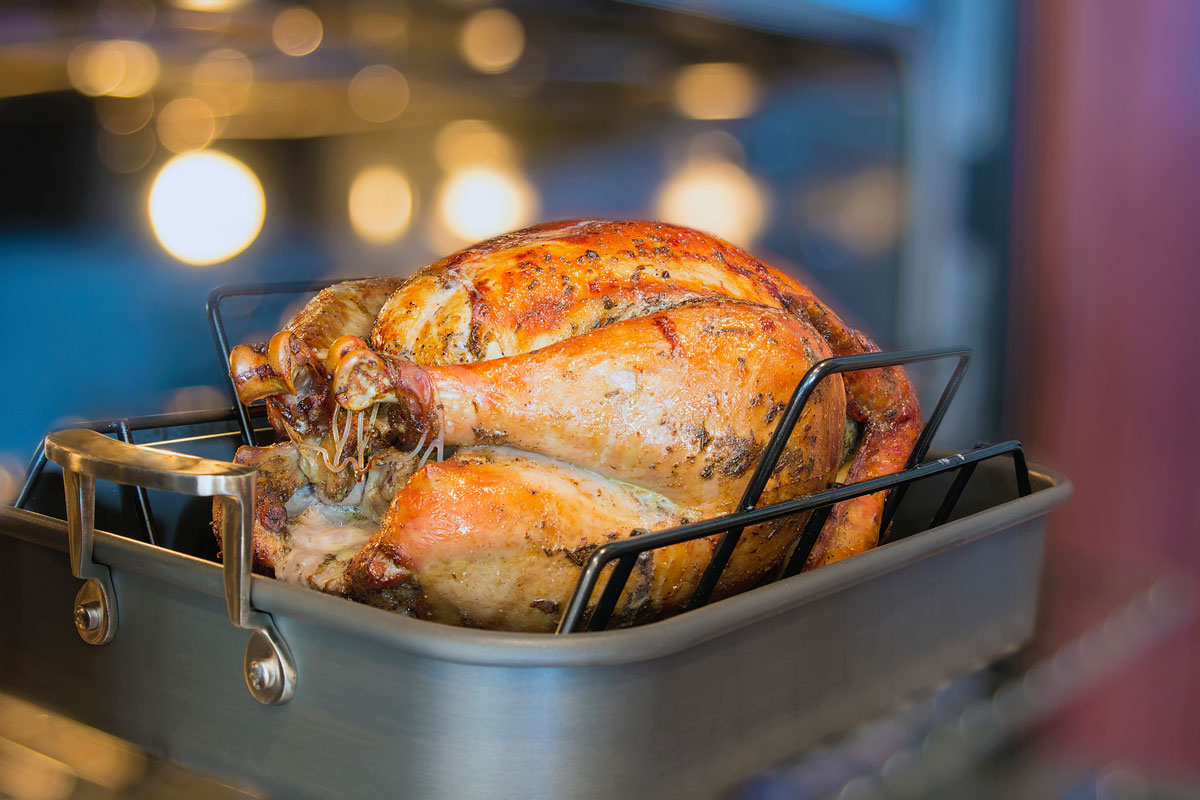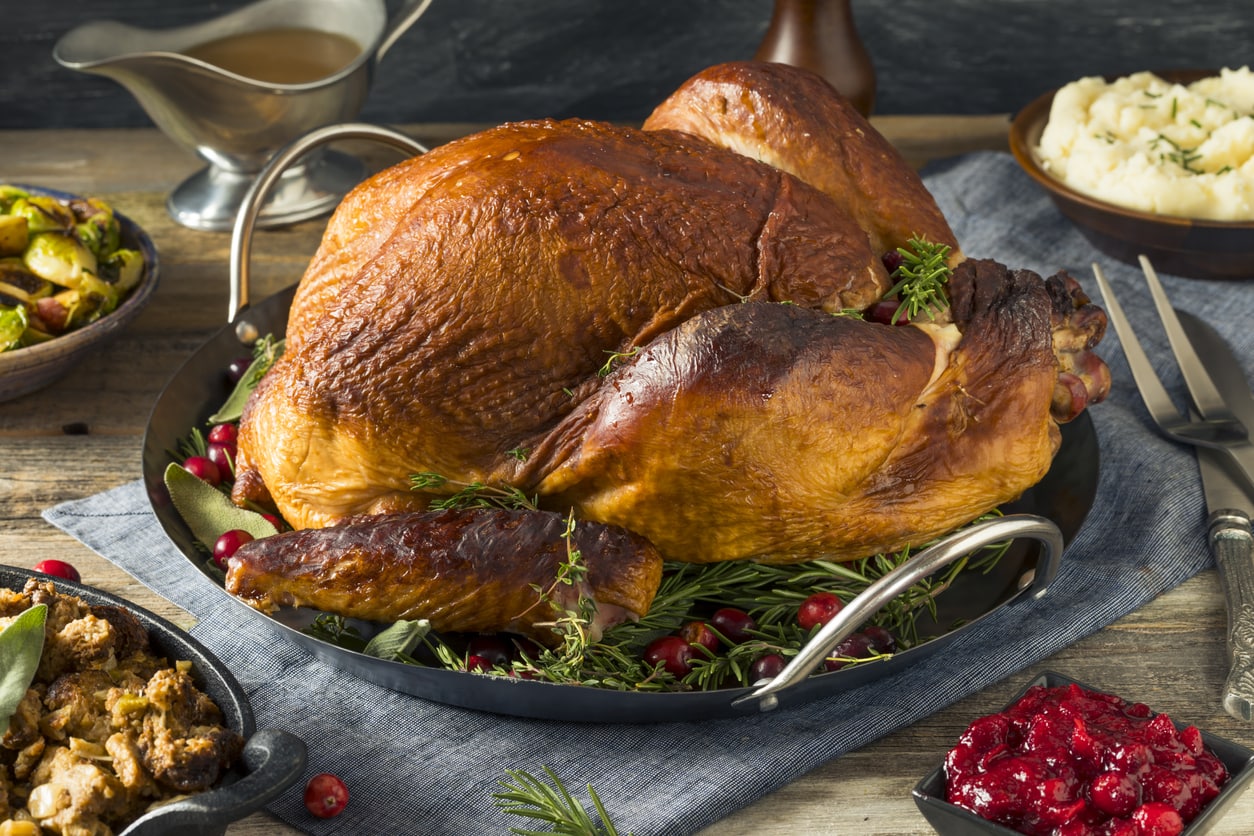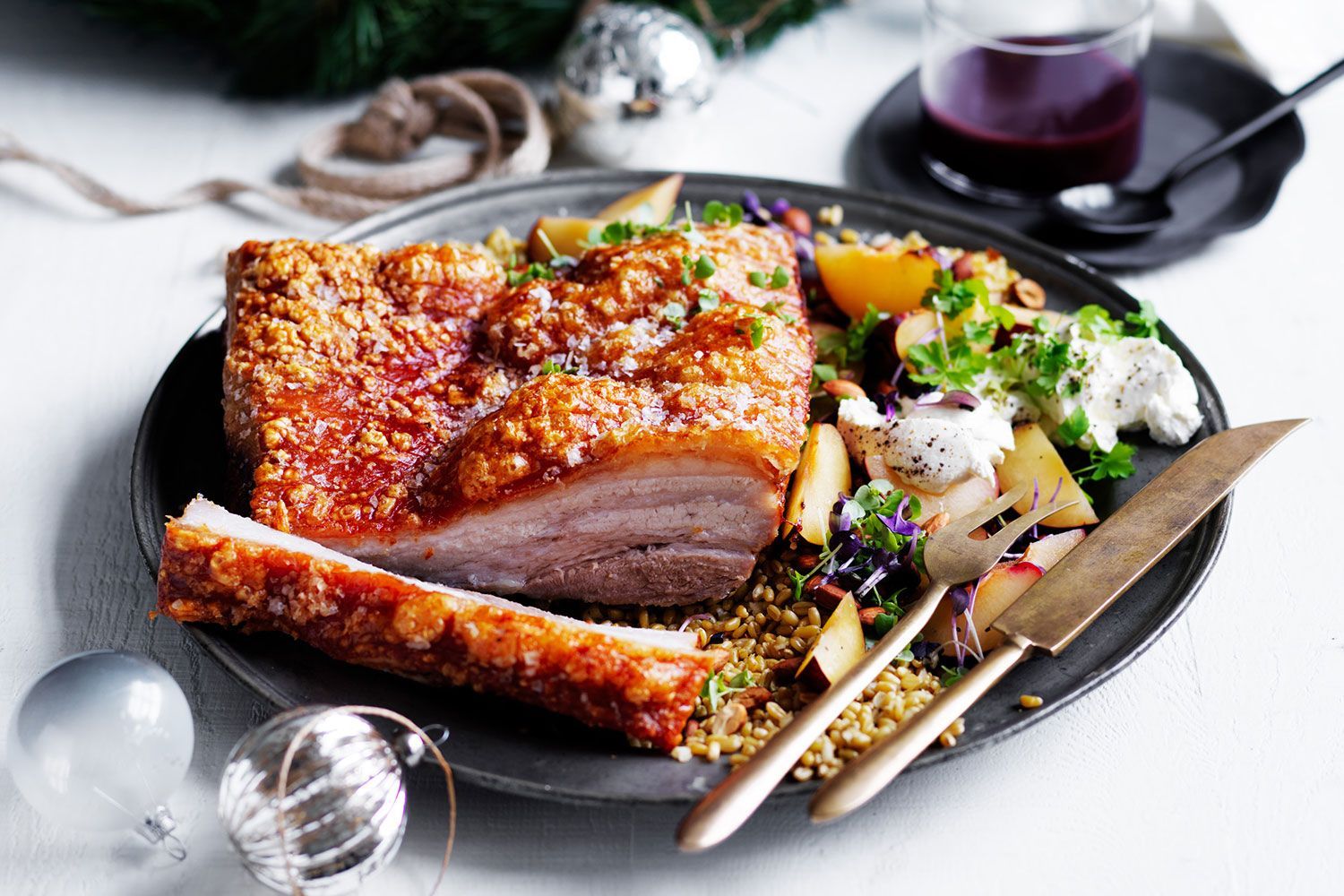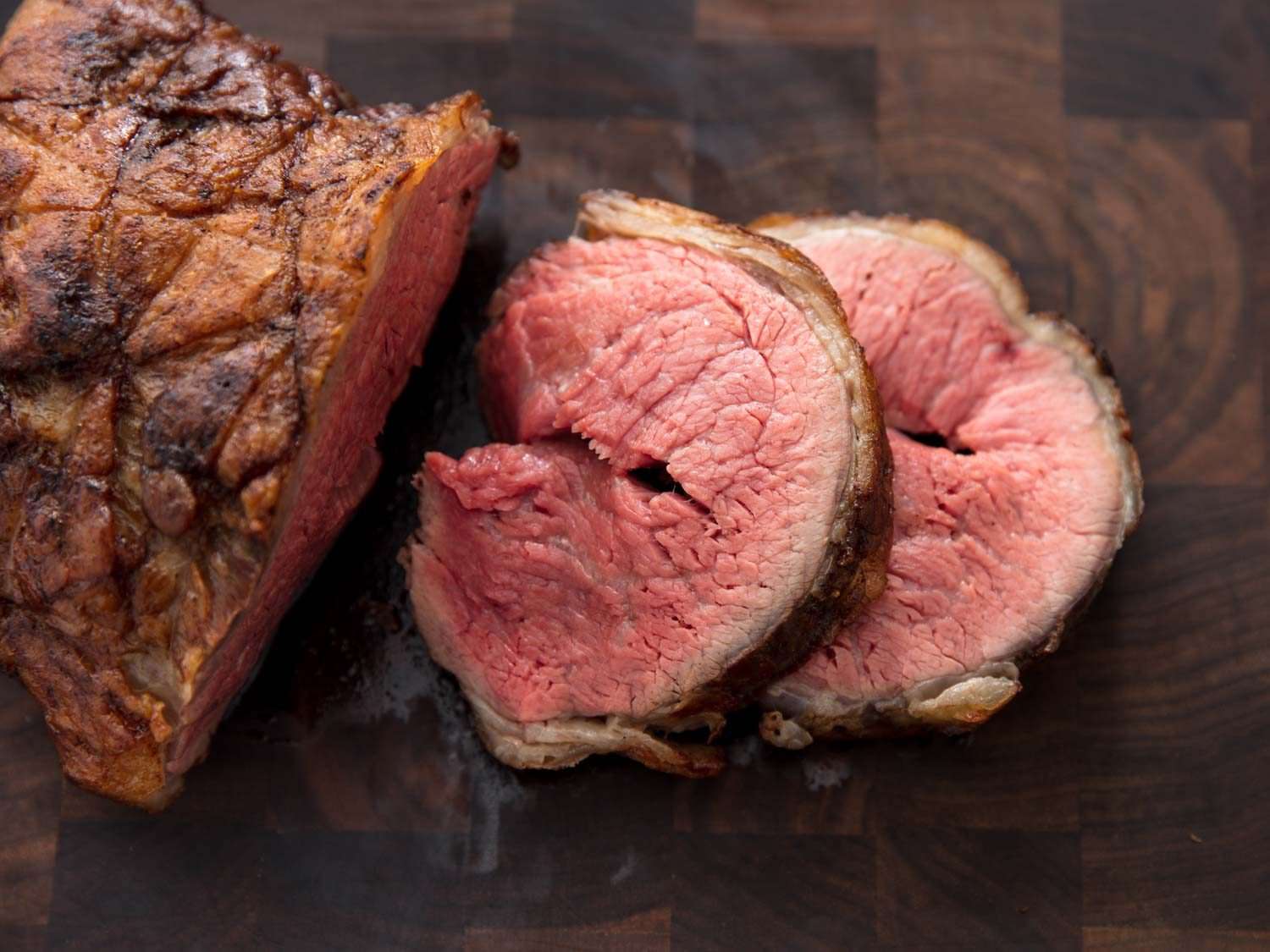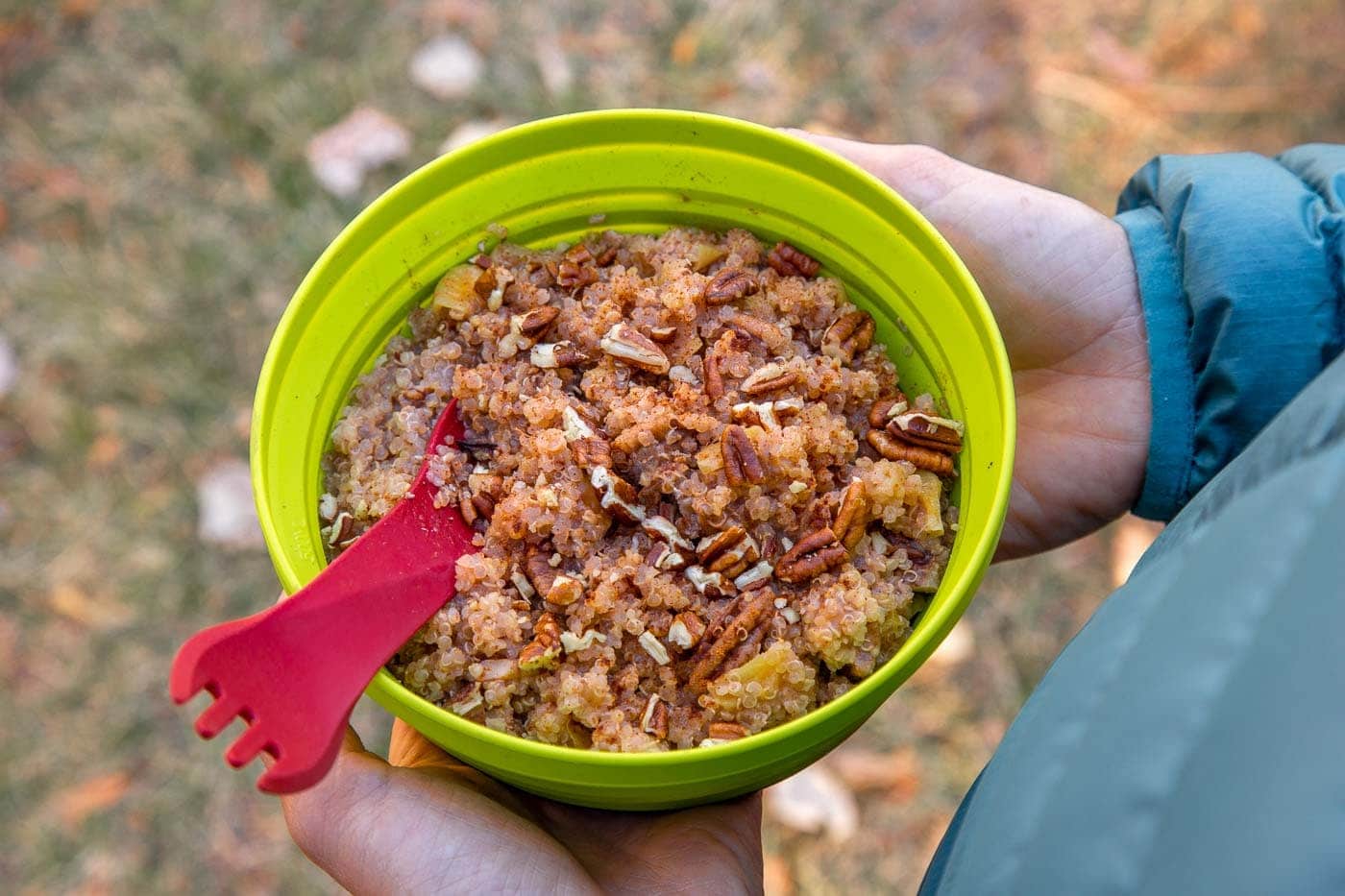Brining Baby Back Ribs: A Delicious Way to Enhance Flavor
Brining is a simple yet effective technique that can take your baby back ribs to the next level. By soaking the ribs in a saltwater solution, you can infuse them with flavor and moisture, resulting in tender, juicy, and incredibly delicious meat. If you’re ready to elevate your rib game, here’s a step-by-step guide on how to brine baby back ribs.
What You’ll Need
Before you begin, gather the following ingredients and equipment:
- 2 racks of baby back ribs
- 1 gallon of water
- 1 cup of kosher salt
- 1/2 cup of brown sugar
- Large container or resealable plastic bags
- Refrigerator space
The Brining Process
Now that you have everything you need, it’s time to start the brining process.
- Prepare the brine by combining the water, kosher salt, and brown sugar in a large container. Stir until the salt and sugar are fully dissolved.
- Place the racks of baby back ribs in the brine, making sure they are fully submerged. If necessary, use a weighted plate to keep the ribs underwater.
- Refrigerate the ribs and let them brine for at least 8 hours, or overnight for best results. This allows the flavors to penetrate the meat and tenderize it.
Rinsing and Drying
After the brining period is complete, it’s important to rinse and dry the ribs before cooking.
- Remove the ribs from the brine and rinse them thoroughly under cold water to remove any excess salt.
- Pat the ribs dry with paper towels to remove any moisture on the surface. This will help achieve a crispy exterior when cooking.
Cooking the Brined Ribs
Now that your baby back ribs are brined and ready to go, it’s time to cook them to perfection.
- Preheat your grill or oven to the desired cooking temperature.
- Season the ribs with your favorite dry rub or marinade, or simply with salt and pepper for a classic flavor.
- Cook the ribs until they are tender and the internal temperature reaches 145°F, typically around 1.5 to 2 hours.
- Let the ribs rest for a few minutes before slicing and serving to allow the juices to redistribute.
The Benefits of Brining
Brining baby back ribs offers several benefits that make it worth the extra effort:
- Enhanced flavor: The saltwater solution infuses the meat with flavor, resulting in ribs that are more delicious and savory.
- Tenderness: Brining helps break down the muscle fibers, resulting in tender, juicy ribs that practically fall off the bone.
- Moisture retention: The brine helps the meat retain moisture during the cooking process, preventing dry and tough ribs.
Next time you’re planning to cook baby back ribs, consider brining them for an unforgettable dining experience. The extra step of brining can make a world of difference in the flavor and texture of your ribs, leaving your family and friends asking for more!
Was this page helpful?
Read Next: How To Brine Frozen Chicken Breast
